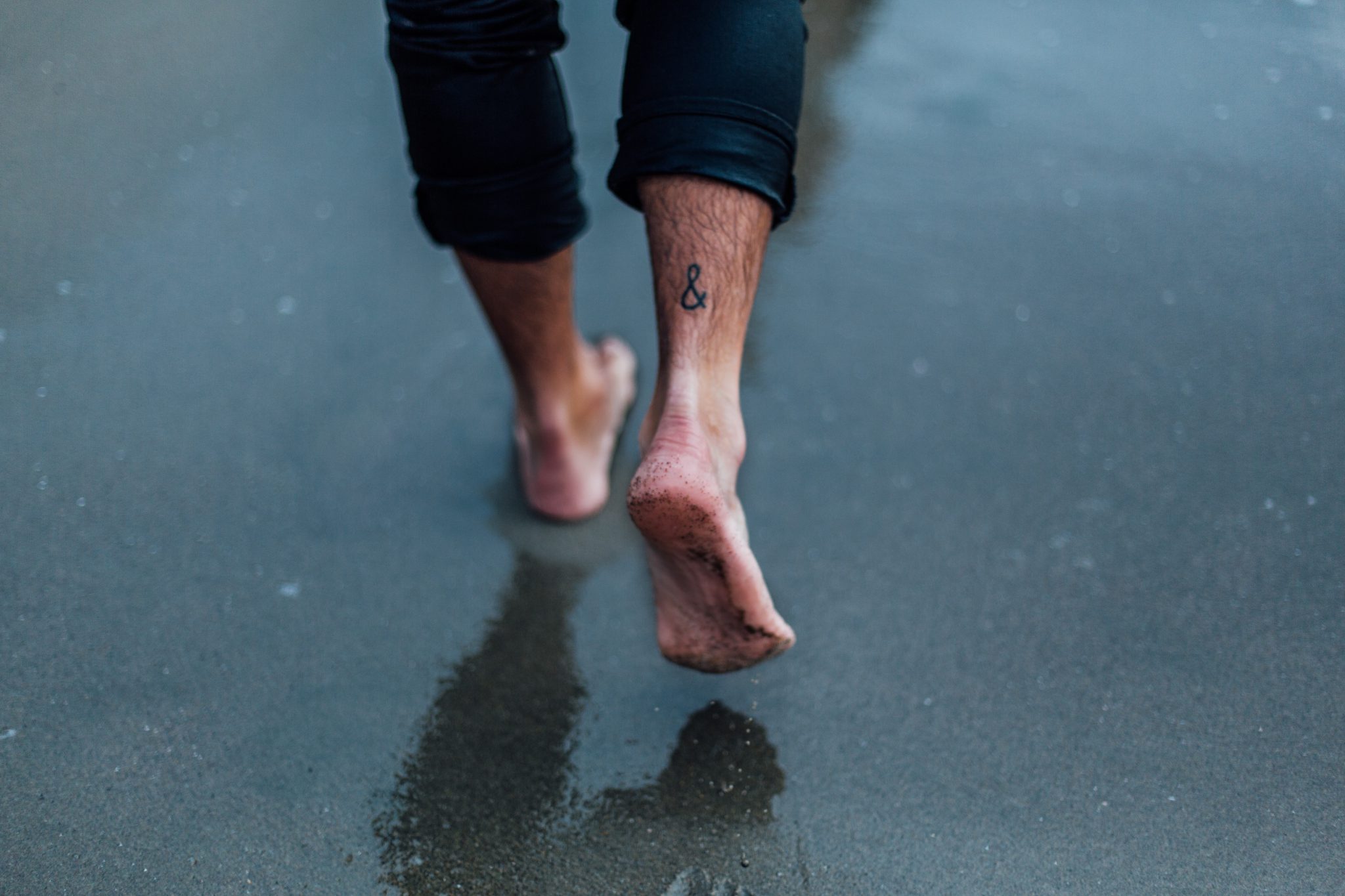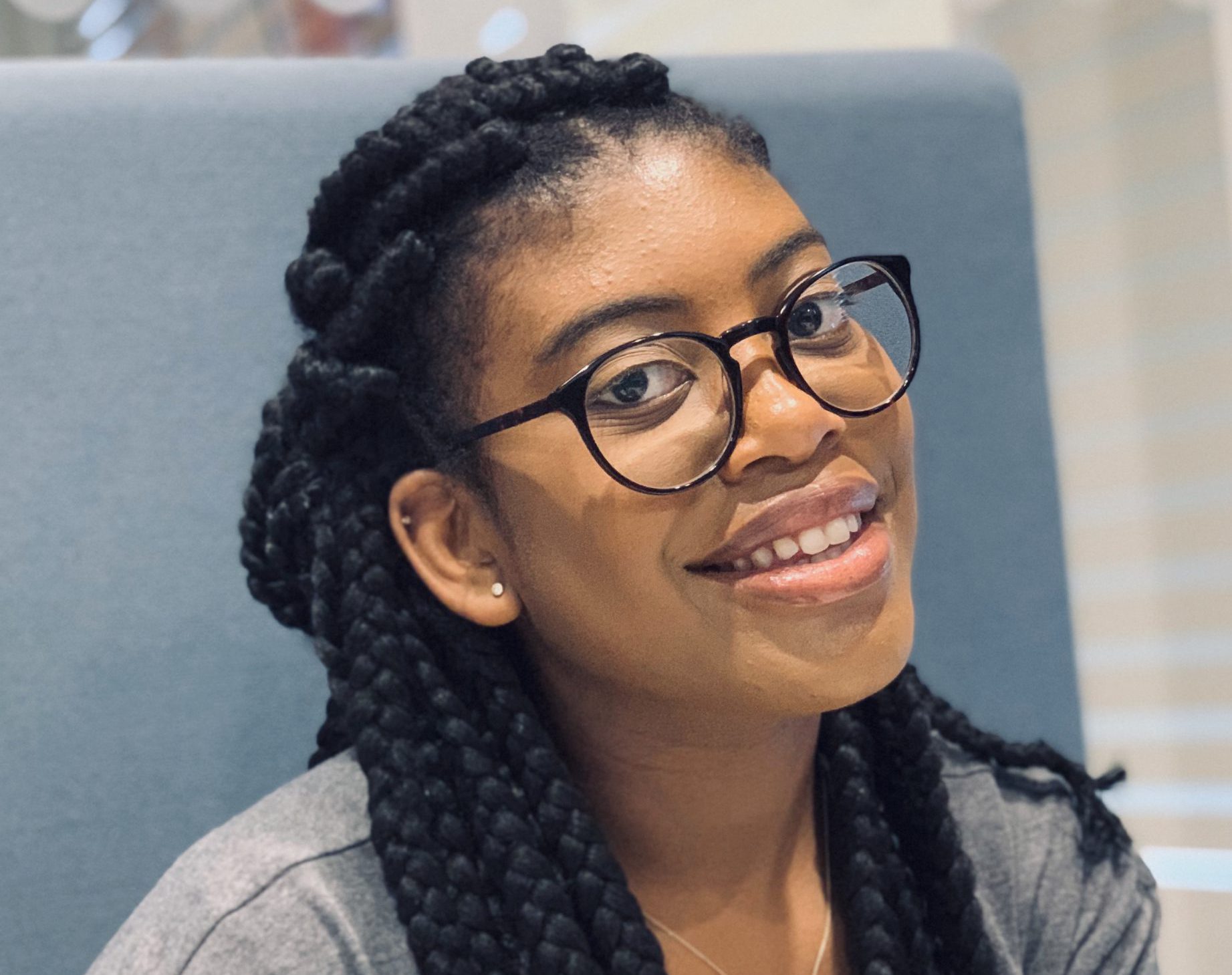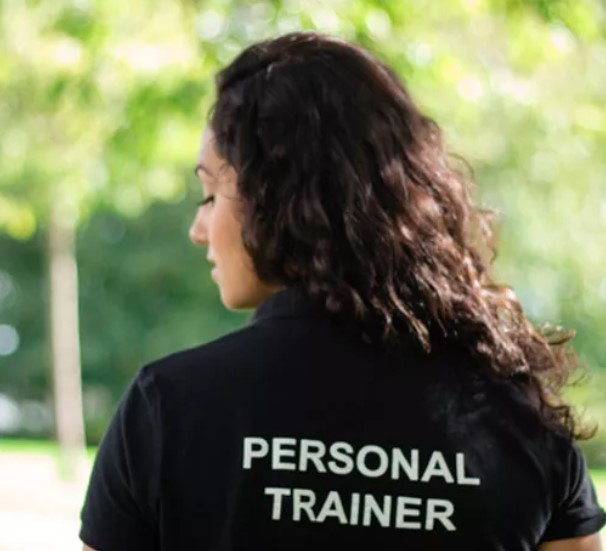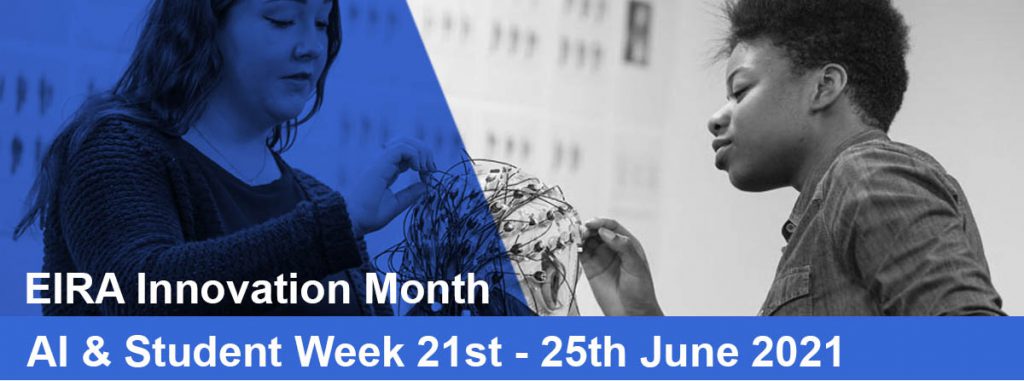It’s the last week of Innovation Month, celebrating the 3-year Enabling Innovation: Research to Application (EIRA) project as it comes to an end this summer. For Student and AI Week, have a read about some of the brilliant EIRA-supported student and AI projects that Kent has been involved in.
Can pressure sensitive insoles detect muscular skeletal disorders?
 A significant number of adults commonly suffer from musculoskeletal pain (MSK), of which early detection and diagnosis is key to improving an individual’s quality of life and general fitness. Infi-Tex, a start-up company specialising in digital smart clothing development, collaborated with both the the School of Sport and Exercise Sciences and the School of Computing to validate and test the potential of their shoe insoles to be used as diagnostic tools for the condition. Not only did the project show that Infi-Tex insoles are able to detect key gait characteristics, but also that they’re sensitive enough to detect changes in gait arising from musculoskeletal pain. Read the full case study here.
A significant number of adults commonly suffer from musculoskeletal pain (MSK), of which early detection and diagnosis is key to improving an individual’s quality of life and general fitness. Infi-Tex, a start-up company specialising in digital smart clothing development, collaborated with both the the School of Sport and Exercise Sciences and the School of Computing to validate and test the potential of their shoe insoles to be used as diagnostic tools for the condition. Not only did the project show that Infi-Tex insoles are able to detect key gait characteristics, but also that they’re sensitive enough to detect changes in gait arising from musculoskeletal pain. Read the full case study here.
Using data mining to source academic expertise
Finding the right kind of scientific expertise needed to contribute to cutting edge drug discovery research presents a huge challenge. TRN and Kent academics Dr James Bentham and Dr Jennifer Hiscock used EIRA funding to explore the possibility of using data mining techniques to extract academic profile information, providing a simple and effective way of shortlisting potential collaborators. The project gave useful insights into the information available, leading to a second project led by TRN to take the concept of data extraction of researcher profiles through to a testable prototype system. Read the full case study here.
Boosting productivity with student internships
 With support from the EIRA Innovation Internship Scheme and Employability Points scheme, Sustainability Monitor, a start-up research company providing competitive monitoring services, took on two student interns from Kent. Not only was this beneficial for the students eager to enhance their skills and gain work experience, but also for the business who were able to take on extra resource and boost their team’s productivity. Read the full case study here.
With support from the EIRA Innovation Internship Scheme and Employability Points scheme, Sustainability Monitor, a start-up research company providing competitive monitoring services, took on two student interns from Kent. Not only was this beneficial for the students eager to enhance their skills and gain work experience, but also for the business who were able to take on extra resource and boost their team’s productivity. Read the full case study here.
AI-driven role matching for recruitment
Dr Anna Jordanous from the School of Computing worked with recruitment group, HR GO, to review HR GO data and potential AI-driven machine learning solutions which could be deployed to automate contractor candidate role matching. Read the full case study here.
Real-time AI-assisted voice reconstruction
20% of the UK population will experience speech communication difficulties at some point in their lives. An EIRA funded Proof of Concept project led by Professor Ian Mcloughlin aimed to develop a wearable computer system which could reconstruct the voice. Whilst further work is required, the team produced a prototype wearable device, containing the basic features of a real-time system capable of transforming an impaired voice, analysing it, and reconstructing and relaying it via a loudspeaker, while the person is speaking. Read the full case study here.
Applying machine learning algorithms for a health, exercise and wellbeing framework
 Vitality Hub’s ‘Mature Movers’ programme specialises in fitness for people aged over 65, and involves working with individuals in their homes or within the residential and nursing care home industry. With support from EIRA’s Innovation Voucher scheme, academics from the School of Computing worked with Vitality Hub on a unique project, to develop a machine learning approach which would allow for participants’ personal preferences and health requirements to be taken into consideration, when establishing the participants’ exercise routines. Read the full case study here.
Vitality Hub’s ‘Mature Movers’ programme specialises in fitness for people aged over 65, and involves working with individuals in their homes or within the residential and nursing care home industry. With support from EIRA’s Innovation Voucher scheme, academics from the School of Computing worked with Vitality Hub on a unique project, to develop a machine learning approach which would allow for participants’ personal preferences and health requirements to be taken into consideration, when establishing the participants’ exercise routines. Read the full case study here.
Market research for online recruitment platform VidCareer
 Sybil Mayard a Kent graduate, developed a business proposal to set up a recruitment platform, VidCareer, which helps to connect university students and graduates with small business owners more effectively, through virtual career events. With an EIRA microfinance grant, she was able to perform market research via online surveys, identifying trends which indicated the value of the project to both employers and graduates. Read the full case study here.
Sybil Mayard a Kent graduate, developed a business proposal to set up a recruitment platform, VidCareer, which helps to connect university students and graduates with small business owners more effectively, through virtual career events. With an EIRA microfinance grant, she was able to perform market research via online surveys, identifying trends which indicated the value of the project to both employers and graduates. Read the full case study here.

